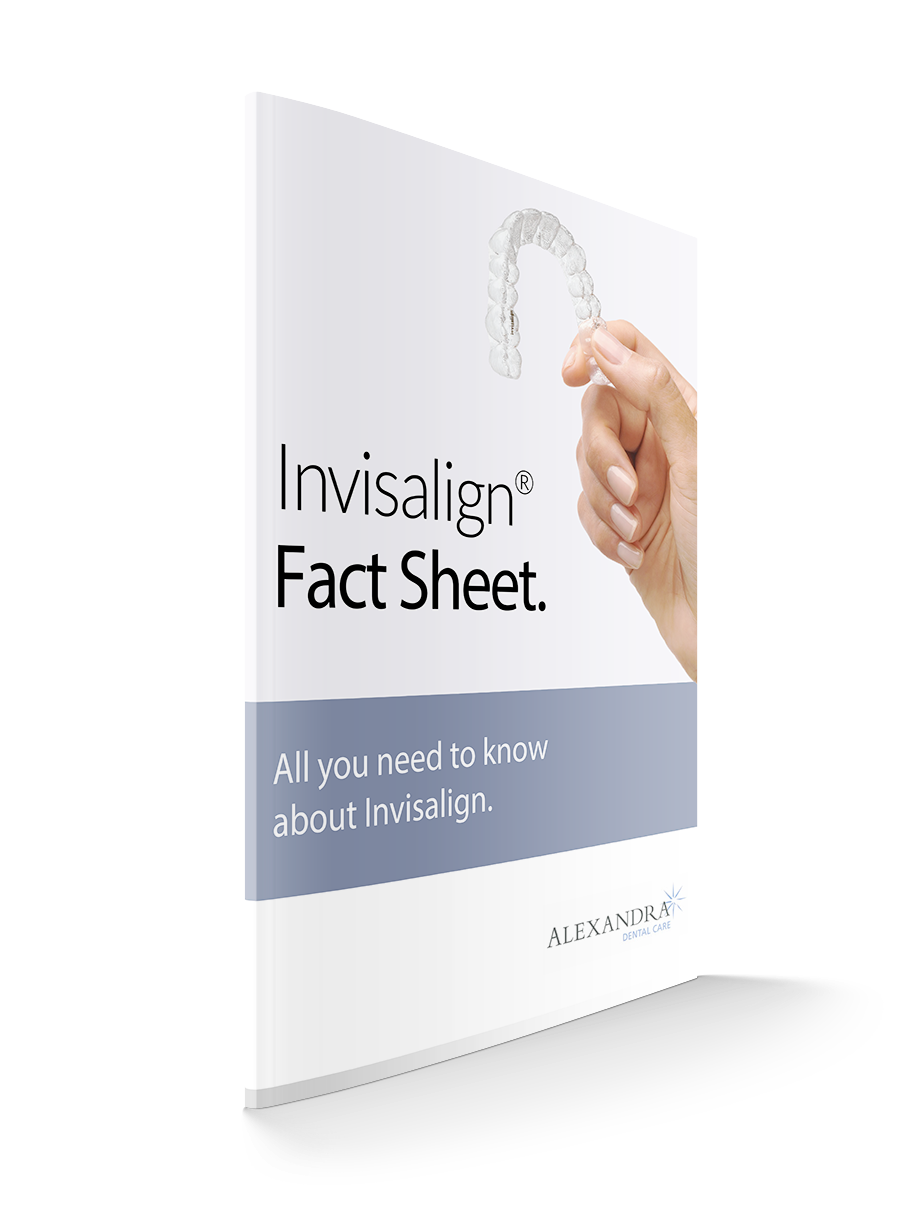Ideal Daily Oral Hygiene Routine to Prevent Dental Problems
Experts believe that one in three adults do not brush their teeth for a full two minutes as recommended.
Why is tooth brushing important?
If teeth are not brushed adequately every day a sticky film made up of food debris and bacteria builds up on teeth, known as plaque. If this film is not removed it can be very harmful with the potential of causing gum disease, cavities and even tooth loss if it’s not controlled.
There are many reasons given as to why people do not brush their teeth twice daily for the recommended time such as rushing to leave the house on time to get to work, looking after the children, feeling tired and just living a busy lifestyle in general. It is understandable that daily life can be hectic but in the long run spending that two minutes, morning and night to thoroughly brush your teeth will help keep your mouth clean and healthy.
For adults we recommend a small bristle toothbrush and a pea sized amount of toothpaste containing fluoride. Fluoride helps to strengthen the enamel, the outer surface of the teeth and will assist in preventing tooth decay so choosing toothpaste with this ingredient is important. To ensure all plaque is being removed adequately, brushing should be carried out on all of the teeth’s surfaces for a period of two minutes. Adopting the right brushing technique is also key;
- Tilt your brush at a 45 degree angle against the gum line and use a sweeping motion away from the gum line. This will remove any plaque and debris that has collected.
- Ensure all surfaces of the teeth outside, inside and biting surfaces are thoroughly cleaned using short strokes back and forth.
- Do not rinse after as this will allow the fluoride in the toothpaste to coat the teeth.
- If possible gently brush your tongue to remove bacteria and freshen breath.
We advise that you replace your toothbrush every three months or when the bristle start to splay, whichever comes first. With the correct brushing technique a manual toothbrush will be sufficient however an electric toothbrush can be used as an alternative. There are many different types of electric toothbrushes available with special features to suit each individual’s needs.
Is tooth brushing enough to prevent dental problems?
Brushing alone is not enough to fight cavities and gum disease. Even with the best brushing technique 40% of the surfaces between the teeth will remain untouched. Between the teeth will trap a lot of debris and plaque so it is important that it is removed ideally at least once a day and preferably at night. There are a few products that are designed to fit between the teeth which we recommend;
- Floss can be bought waxed to help slide between the teeth. It is an effective and common product, however patients tend to give up when they find it hard to manipulate. Stick at it, practice makes perfect and your mouth will feel the benefit!
- Interdental brushes come in various sizes due to spaces between teeth being different. The brush should fit snug between the teeth so sweeps away the plaque from all surfaces. Ask your dentist or hygienist if you are unsure which size interdental brush is best for you.
- Oral irrigator or water jet uses pulsating water to flush plaque and debris from the gum line and between the teeth.
Whichever product you choose it can seem difficult initially. Many patients do not know the correct technique for using floss and tend to use a sawing motion into the gum. The correct technique is required for these products to be effective so ask your dentist or hygienist if you are unsure about how to use any products.
What about mouthwash?
Mouthwash can be incorporated into your daily routine however it should never be used as a substitute to brushing! Tooth brushing and interdental cleaning is the only way plaque will be removed properly. The use of mouthwash will essentially help to freshen breath and provide fluoride. There are many mouthwashes available suiting each individual’s needs, consult your dentist if you’re unsure which mouthwash to purchase.
As well as a good daily oral hygiene routine some thought needs to be given to diet and lifestyle factors such as smoking for a greater chance of preventing dental problems.
Google+
Comments are closed.